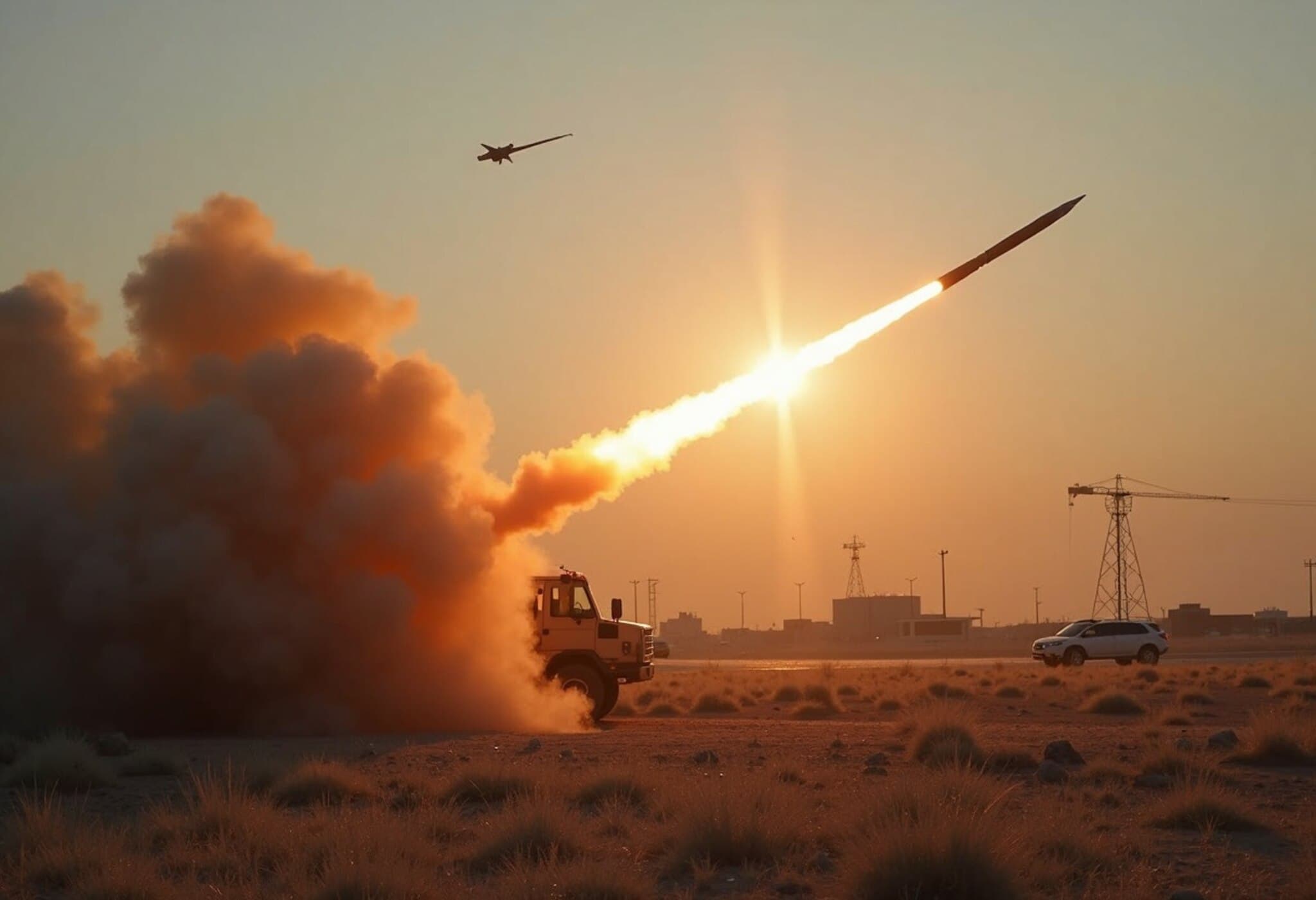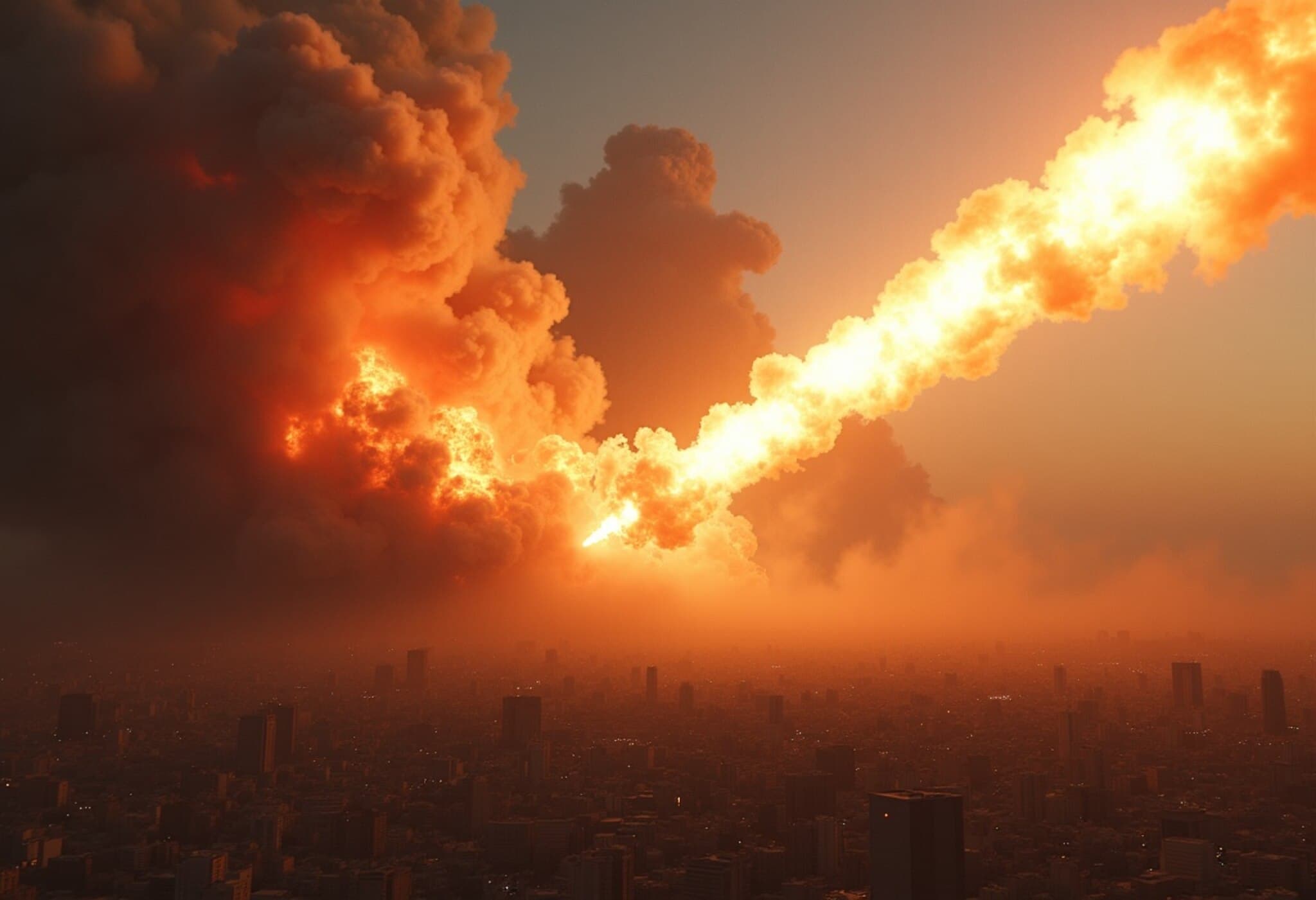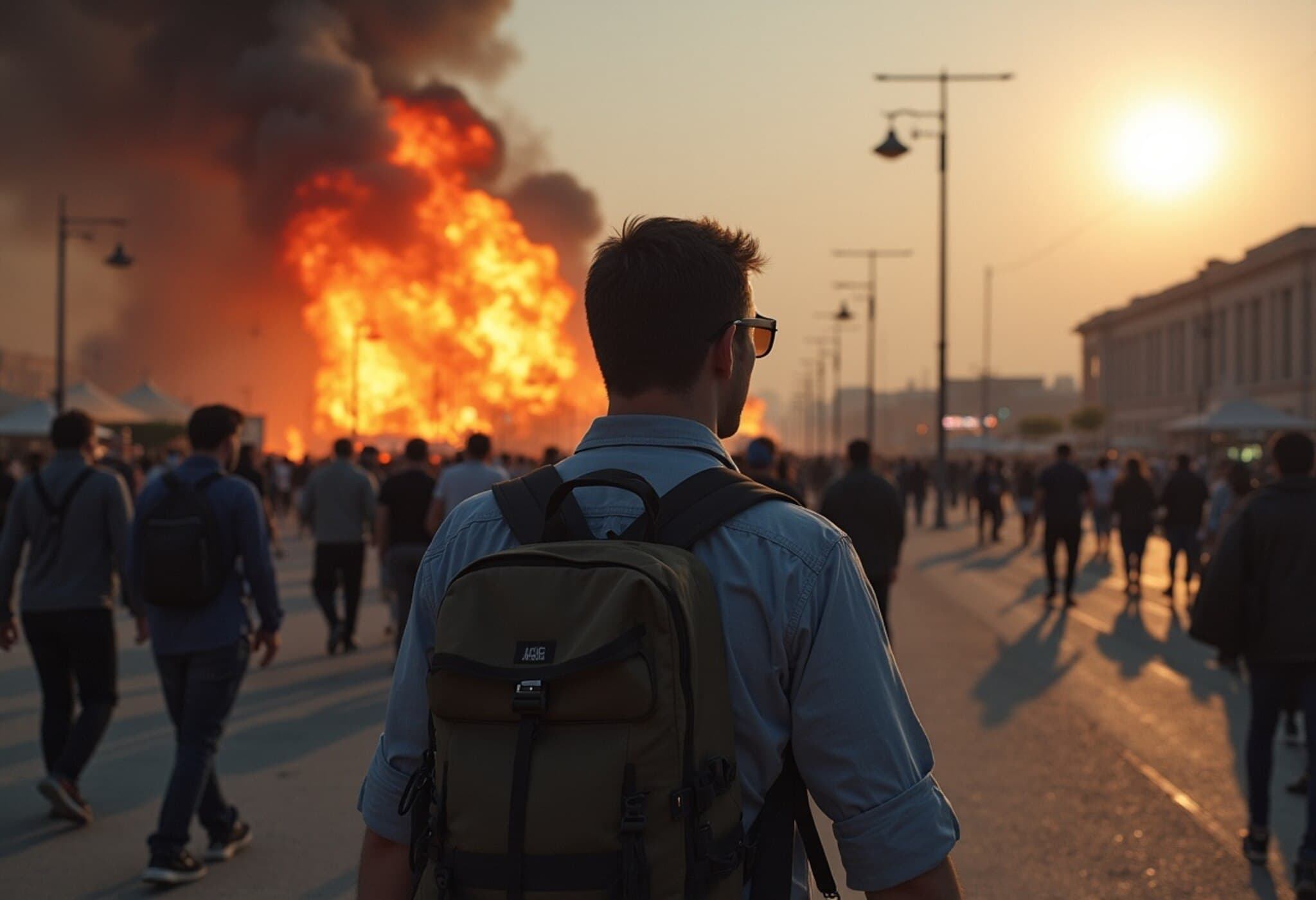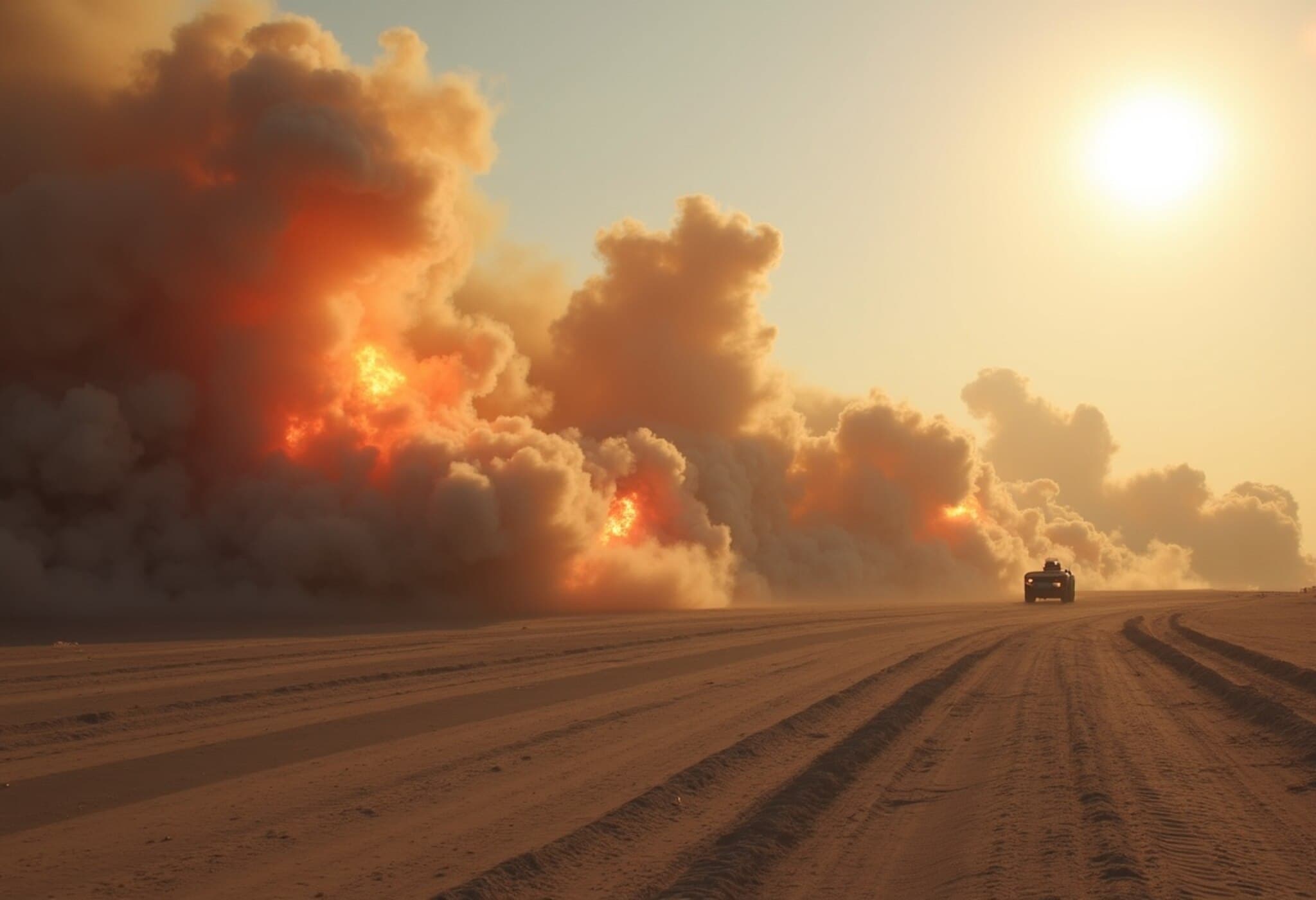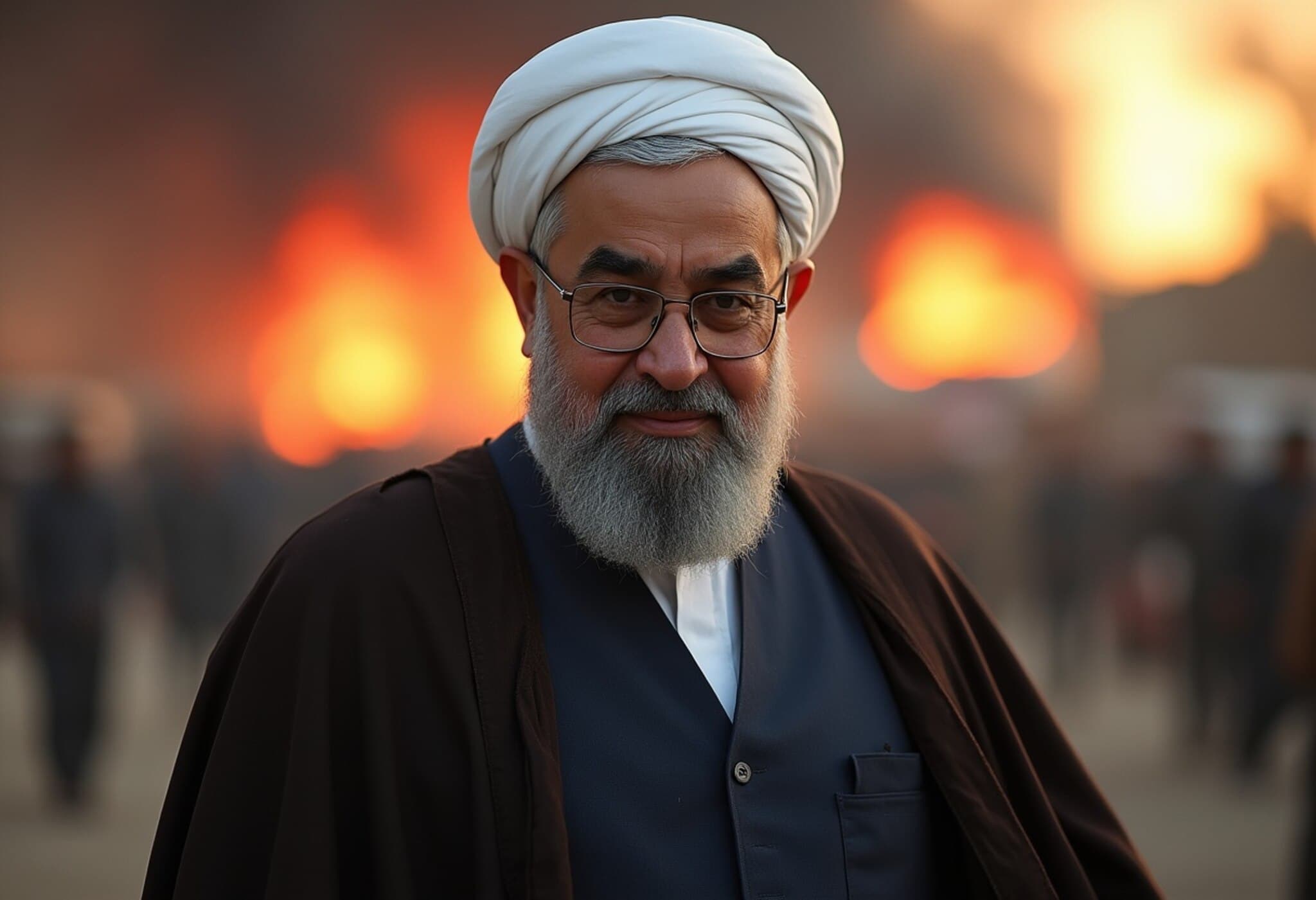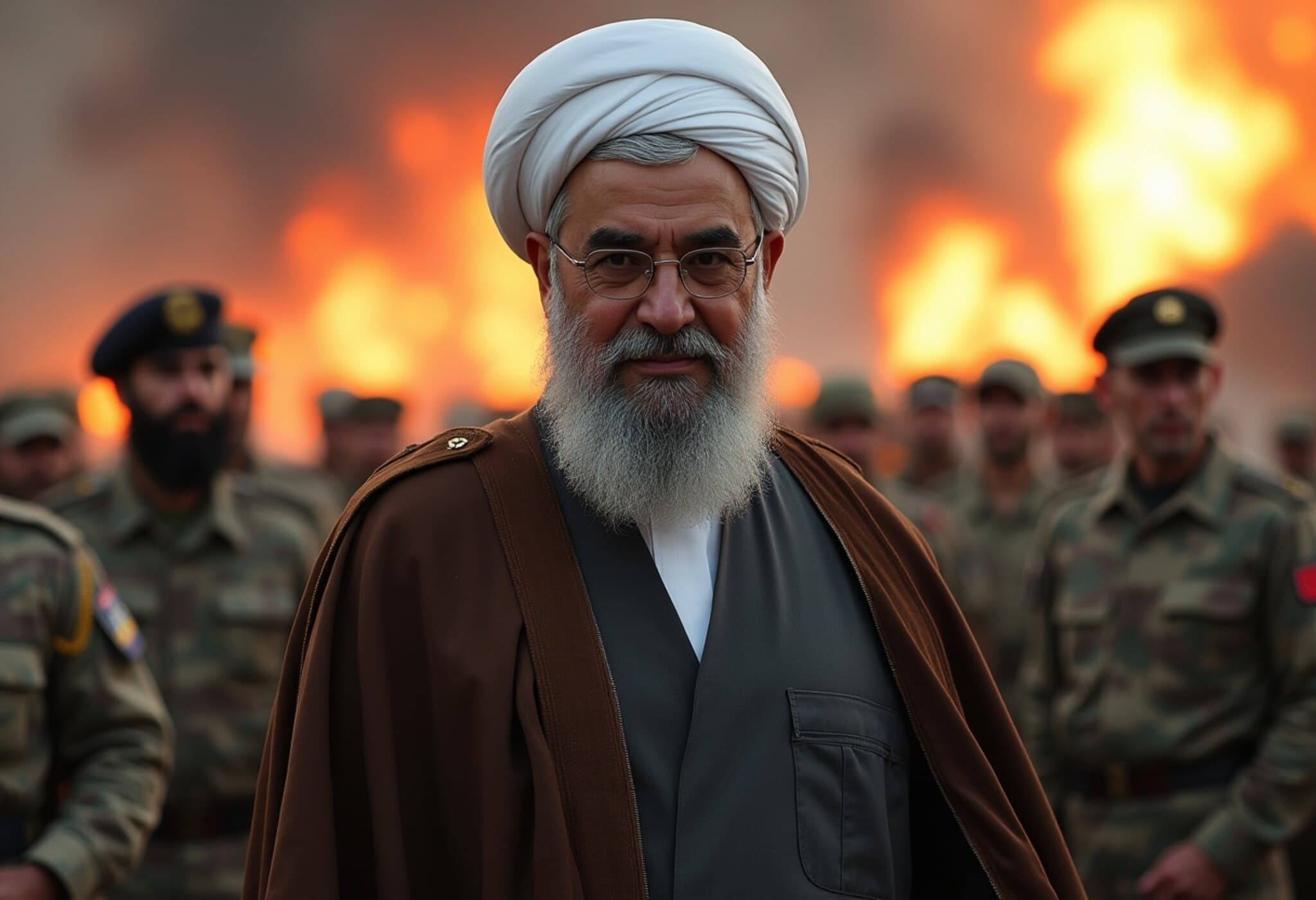Escalating Exchange of Missile Strikes Between Iran and Israel
The ongoing conflict between Iran and Israel entered its third day as missile attacks continued to inflict casualties and damage on both sides. On Sunday, numerous sites in Israel’s Mediterranean coastal region were struck by Iranian missile barrages, including residential areas, raising alarms over civilian safety.
In a swift retaliation, Israel launched strikes against multiple surface-to-surface missile sites across western Iran. This unprecedented, open exchange of attacks between the two long-standing adversaries marks a significant escalation in a conflict that had largely been fought through covert operations and proxy groups until now.
Rising Casualties and Targeted Residential Areas
The death toll from this rapid escalation has risen sharply. Since the initial Iranian retaliatory strikes began on Friday night, at least 13 people have died and close to 380 injured in Israel due to missile impacts targeting civilian zones. Prime Minister Benjamin Netanyahu condemned the attacks, accusing Iran of deliberately aiming at women and children.
Speaking at a site affected by the missile strike in Bat Yam, near Tel Aviv, Netanyahu declared, "Iran will pay a very heavy price for the premeditated murder of civilians." This strong statement underscores Israel’s resolve amid fears that the conflict could spiral into a broader, more prolonged confrontation across West Asia.
Iran Boosts Air Defenses Amid Israeli Strikes
As Israeli attacks intensified, Iran responded by activating its air defense systems over Tehran and western regions of the country. Official Iranian news agencies reported the activation of the Kermanshah air defense system and similar measures in the capital city, signaling Tehran’s heightened alertness amid ongoing air raids.
Intelligence Chief Targeted in Alleged Israeli Airstrike
Adding to the tension, Prime Minister Netanyahu hinted at a major intelligence strike, suggesting that Israel successfully targeted and eliminated Iran’s intelligence chief Mohammad Kazemi, alongside his deputy, in Tehran. In a televised interview, Netanyahu emphasized that Israeli pilots are operating over Iranian skies, focusing their efforts on military and nuclear sites.
Deepest Israeli Strike Inside Iran Reaches Mashhad
In a bold move described as the deepest strike yet inside Iranian territory, Israel claimed to have destroyed an Iranian refueling aircraft near Mashhad, northeastern Iran. The military described the attack as covering a distance of approximately 2,300 kilometers (1,430 miles) from Israeli soil.
Visuals from Mashhad showed black smoke rising near the city, home to the revered Imam Reza shrine, a pilgrimage site for Shiite Muslims. So far, Iranian authorities have not publicly confirmed the incident.
Concerns Over Widening Regional Conflict
This intense cycle of missile attacks between Iran and Israel has ignited fears of a much broader conflict engulfing the West Asia region. With both countries targeting civilian zones and strategic sites alike, observers worry about the devastating humanitarian and geopolitical consequences if hostilities continue to escalate.

